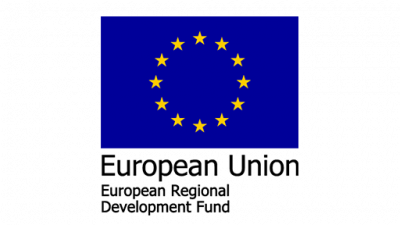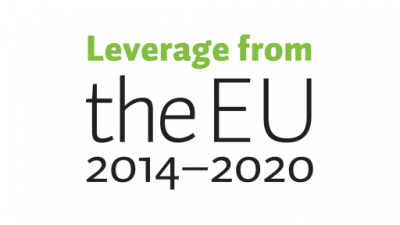Project
Development and automation of insect production technology
Project sponsors
The goal of the project was to develop sustainable and cost-effective technology for the production of black soldier flies and improve the profitability of insect production by increasing the level of automation. Additionally, the project aimed to create a model for the treatment of municipal and industrial wastewater sludge and biodegradable waste using black soldier fly larvae and investigate through pathogenic experiments whether certain viruses, bacteria, and/or drug residues are eliminated or reduced in the biomass during the larval process.
The broader objectives of the project included a commitment to low-carbon practices to contribute to slowing down climate change, promoting the circular economy by utilizing waste streams and their nutrient content for new products, and enhancing the vitality of the region by implementing innovative, open, and widely interesting development activities.
Concrete measures taken in the project to achieve these goals included identifying technological solutions suitable for insect production and adapting and developing selected technological solutions to meet the needs of insect production. The project also involved testing the treatment of wastewater sludge and biodegradable masses with black soldier fly larvae and studying the reduction of salmonella bacteria during the treatment process.
Project results
In the
project's preparation, the starting points were the aim for low-carbon
practices and, consequently, mitigating climate change, promoting the circular
economy by utilizing regional byproducts, and enhancing the vitality of the
region through innovative and open development activities. The utilization of
byproducts, circular economy, and climate change mitigation are global issues
for which solutions are sought worldwide. Insect farming is one of the methods
that can not only promote the development of the circular economy but also
ensure self-sufficiency in protein production for animal feed, for example.
In the
project, a large-scale pilot insect farm was established in the vicinity of
JAMK Institute of Bioeconomy in Saarijärvi. The capacity of the farm allowed
for processing biomass at a rate of at least one ton (1000 kg) per week, making
it the largest black soldier fly production facility in Finland upon
completion. The project primarily focused on developing the adult production of
black soldier flies, which was identified as the most critical phase in larval
production. During the project, adult production was stabilized and made
consistent primarily by improving work methods and the living conditions of the
insects.
Additionally,
the project aimed to increase the profitability of insect production by raising
the level of automation and creating a model for the use of black soldier fly
larvae in treating municipal and industrial wastewater sludge and biodegradable
waste. The project tested the suitability of more than thirty (30) materials
categorized as byproducts from restaurant services, the food industry, primary
production, and industry as food for black soldier fly larvae. The tests
revealed that the larvae could process and utilize most organic byproducts, but
larval growth and biomass processing were better when materials were mixed. The
project also found that scaling up production from laboratory or container
scale to a larger scale required changes in nearly all stages of cultivation,
and the results of previous studies, usually conducted on a laboratory scale,
could not be directly applied to large-scale production.
Through
pathogen studies, the project investigated the impact of larval treatment on
the levels of salmonella bacteria harmful to human health. In experiments
conducted during the project, it could not be confirmed that black soldier
flies reduced the amount of salmonella in the biomass, but further research is
needed on this matter. Currently, processing materials classified as waste
using black soldier fly larvae is not possible within the framework of
legislation, and there are no foreseeable legislative relaxations.
The
establishment costs of an industrial-scale insect farm are high, and although
high-quality technology for black soldier fly farming is already available on
the European market, significant human labor is still required. The maintenance
of conditions required by insects, such as temperature and humidity, also
increases production costs in the Finnish climate. Further development is
needed, especially in the downstream processing of larvae and the exploration
of various usage forms. Demand and markets drive investments. To create demand,
development work and the open publication of results from projects without
financial risk and return expectations are vital.

